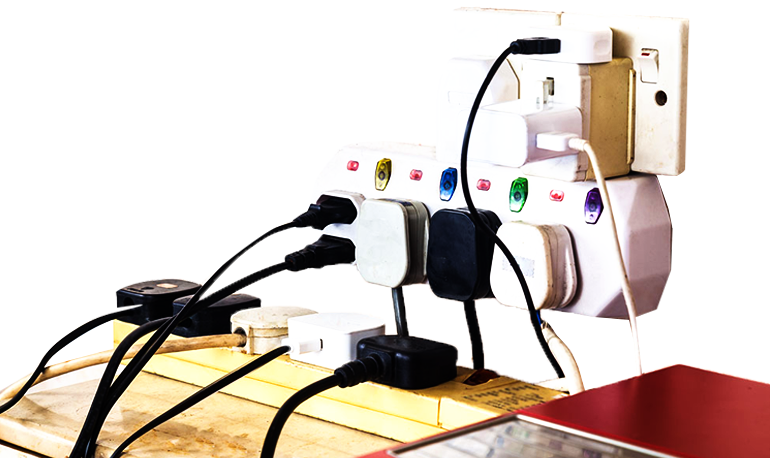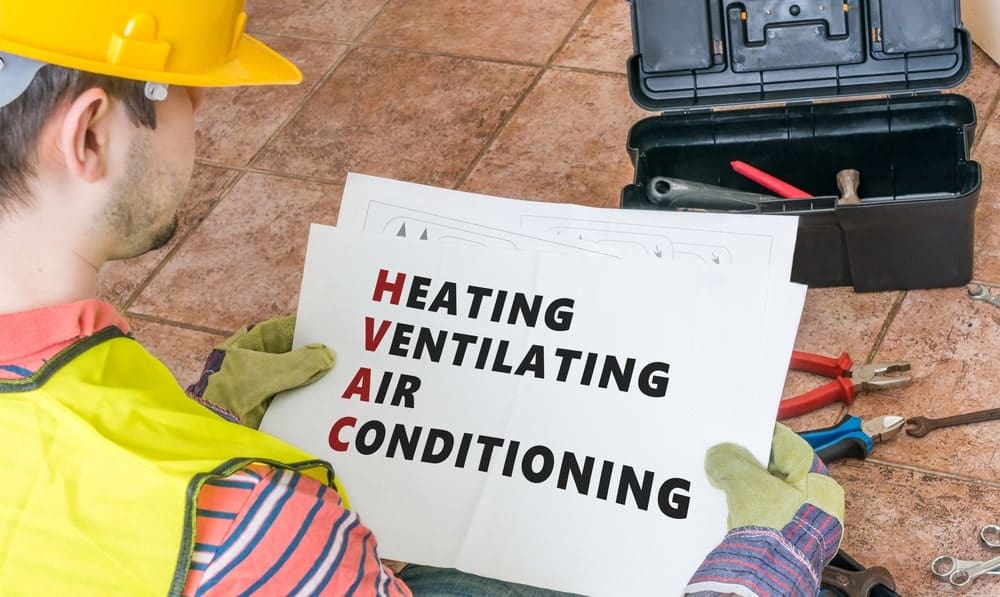It is easy to overload the socket or the extension lead, thus risking a fire.
Many devices and appliances in the kitchen or bedroom, when combined, will blow a fuse. Although there is space to plug in four appliances (in a 4-way bar adaptor), this does not mean it is always safe to do so.
This article brings you some of the top tips that would help you avoid the risk of overheating and possibly fire:
Consider the Current Rating of the Extension Lead
Before plugging any appliances; ensure you know what the rating states. Most leads are rated 13A or less.
Check the Total Current Rating and Wattage of the Plugged-in Appliances
Ensure that you know what is the total of the current rating and the wattage of the appliances before plugging in the appliances. The total current rating can’t exceed the maximum current rating of the lead, and the wattage can’t exceed 3000W. This can overheat the plug in the wall socket leading to a fire outbreak.
Use only One Extension Lead per Socket
It is not advisable to plug in an extension lead into an extension lead. Use one extension lead per socket only, or risk overloading the wall socket as well as the extension lead plugged into it.
Install More Sockets if Needed
If you often need to use an extension lead in a specific area of your house, it is recommended that you contact a registered electrician to install an extra double socket in that area. A 3 socket plug (ปลั๊ก สาม ตา , which is the term in Thai) for instance, will give you more outlets for your plug-ins.
Use a Multiway Bar Extension Lead over a Block Adaptor
Many of the block adaptors do not have a fuse and are not recommended to be used for safety purposes. They increase overloading and the risk of fire, so, it is recommended you use a multi-way extension lead instead.





